DIY Estate Planning – Work With an Elder Law Attorney Instead
August 12, 2025
Creating an estate plan that outlines your wishes regarding healthcare decisions, property, and finances is one of the most important steps you can take to protect yourself and your family. In today’s digital world, it’s tempting to turn to websites offering low-cost or even free templates for wills, powers of attorney, and other critical documents. While DIY estate planning may seem like a cost-effective solution, it often comes with hidden risks that can create more problems than it solves, especially for seniors and their families.
Learn why working with an experienced elder law attorney is a safer and more effective approach when it comes to securing your legacy.
One Size Doesn’t Fit All
DIY estate planning tools are built for mass use, meaning they rely on standardized templates. But estate planning isn’t one-size-fits-all. Your situation is unique, whether you’ve remarried, have stepchildren, own a small business, or are caring for a loved one with special needs.
Generic templates can’t fully accommodate these factors. Important details may be missed, or the form might not match your specific wishes. What seems like a minor oversight could lead to serious legal complications, family disputes, or assets not being distributed the way you intended.
Mistakes Can Invalidate Your Plan
One of the most significant dangers of DIY estate planning is the potential for critical errors. These mistakes aren’t always obvious when creating your estate plan, but they can have major consequences later. In New Jersey, a will that isn’t signed correctly or witnessed according to state law may be rejected by the court entirely.
Other common issues include:
- Forgetting to name alternate beneficiaries or executors
- Conflicting clauses that confuse your intentions
- Missing required legal language for enforceability
If a document is found to be legally invalid after your passing, the court may distribute your estate according to intestate succession laws, ignoring your wishes completely.
No Legal Advice or Guidance
Estate planning often involves more than filling in blanks. DIY platforms don’t provide advice, explain consequences, or answer questions. If you need help understanding how your decisions will affect taxes, Medicaid eligibility, or family dynamics, you’re on your own.
For example, naming a minor child as a beneficiary can trigger legal issues unless a trust is in place. Leaving assets to a disabled family member without proper planning can risk their public benefits. These are critical situations that DIY estate planning software simply can’t guide you through.
Legal Changes Create New Risks
Laws related to wills, probate, and taxes vary from state to state, and they can change over time. Whether you’ve moved to a different state or just haven’t updated your estate plan recently, a DIY document drafted five years ago may no longer be legally sound under today’s standards.
New Jersey has specific rules about inheritance, spousal rights, probate procedures, and estate taxes. If you moved here from another state, your old documents may need to be updated to comply with local requirements. Without that knowledge, you risk leaving your loved ones with a plan that doesn’t hold up in court.

Missed Opportunities for Asset Protection
A strong estate plan does more than dictate who gets what. It can also protect your home, savings, and other assets from being drained by long-term care expenses or taxes. These protective strategies often involve more advanced tools such as irrevocable trusts, life estates, or Medicaid planning techniques.
Most DIY estate planning tools fail to address these options, let alone help you implement them correctly. Without legal guidance, you may miss opportunities to safeguard your legacy from future financial threats.
Complex Families Require Custom Planning
Families often include stepchildren, unmarried partners, or estranged relatives. In addition to making sure no one is excluded, you might want to include charitable gifts or secure the continuity of a family business. These objectives require specific, detailed planning that goes far beyond a generic will.
Failing to account for these dynamics can lead to disputes, delays, or unintended disinheritance. An elder law attorney will help you navigate sensitive family situations while crafting a legally binding plan that honors your wishes.
DIY Plans Provide a False Sense of Security
One of the biggest risks of DIY estate planning is the belief that you’re “all set” when in fact, your plan may be incomplete or unenforceable. It’s not uncommon for families to discover, after a loved one’s passing, that important documents were never signed, notarized, or properly stored.
By the time a problem comes to light, it’s often too late to fix it. The result can be legal battles, unexpected taxes, and unnecessary stress for your loved ones during an already difficult time. Working with an attorney ensures your plan is legally sound and fully implemented.
Waypoint Legal: Your Trusted Estate Planning Partner
At Waypoint Legal, we understand that estate planning is deeply personal and sometimes overwhelming. That’s why we take the time to get to know you, your goals, and your family’s unique situation before recommending the best course of action.
Our elder law attorneys have years of experience helping New Jersey seniors create custom, legally compliant estate plans that protect their assets and preserve their peace of mind. Whether you need to revise an outdated DIY plan or start from scratch, we’re here to help every step of the way.
Don’t leave your legacy to chance. Schedule a consultation with Waypoint Legal today, and let’s build a plan that truly works for you and your loved ones.
DIY Estate Planning FAQs
What is the main risk of DIY estate planning?
DIY estate planning often relies on generic templates that may not align with your unique family or financial situation, leading to mistakes that could invalidate your documents.
Can DIY estate planning tools adapt to complex family dynamics?
No. DIY tools can’t properly account for situations involving stepchildren, blended families, special needs beneficiaries, or charitable intentions, which require customized legal strategies.
Why does state law matter in estate planning?
Estate planning laws differ by state. If your documents were created in another state or haven’t been updated in years, they may not meet your current state’s legal requirements.
What kind of mistakes can make a DIY will invalid?
Common errors include improper signing or witnessing, conflicting instructions, or missing legal language—any of which could result in the court ignoring the will entirely.
How can an elder law attorney help protect my assets?
An experienced elder law attorney can guide you through tools like irrevocable trusts or Medicaid planning strategies that DIY platforms typically don’t offer, helping preserve your home and savings.
What happens if my DIY estate plan is incomplete?
If essential documents are missing or improperly executed, your estate may be distributed by the state under intestate succession laws, regardless of your true intentions.
Get Free Legal Advice Sent to Your Inbox.
Waypoint Legal, LLC. Jersey Elder Lawyers



 (732) 361-2533
(732) 361-2533 



